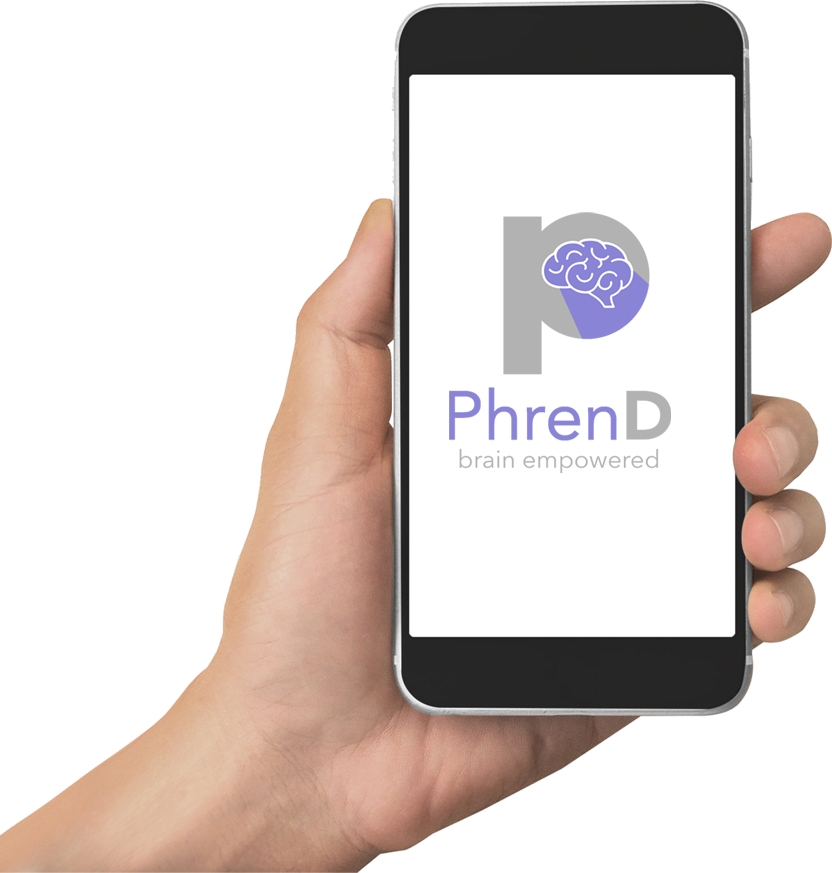America’s “Baby Boomer” generation has now reached an age where they are more susceptible to cognitive decline. Alzheimer’s disease and other forms of dementia are among the most common age-related health issues. According to the Alzheimer’s Association, an estimated 6.2 million Americans aged 65 and older are living with Alzheimer’s (2021), and this number is projected to increase substantially in the coming years.
According to Alzheimer’s Association, it is estimated that 12 to 18 percent of people aged 60 or older have mild cognitive impairment (MCI). While some individuals with MCI revert to normal cognition or remain stable, studies suggest 10 to 15 percent of individuals with MCI go on to develop dementia each year. About one-third of people with MCI due to Alzheimer’s disease develop Alzheimer’s dementia within five years.
Challenges Faced by Baby Boomers
There are many obstacles the aging population faces — especially the “Boomers” — face, including:
Lack of Caregivers
As Baby Boomers age, the demand for caregivers to assist those with cognitive decline is increasing. Unfortunately, there is a shortage of professional caregivers, resulting in added stress for both patients and their families.
Financial Burden
The cost of long-term care, especially for dementia and Alzheimer’s patients, can be financially crippling for Baby Boomers and their families. Many are unprepared for the financial burden, and the existing healthcare system often doesn’t adequately cover these expenses.
Stigma
Despite significant strides in reducing the stigma associated with mental health issues, dementia and Alzheimer’s still carry a certain degree of “shame.” This stigma can prevent individuals and their families from seeking the help and support they need.
Lack of Awareness
Baby Boomers grew up during a time when dementia and Alzheimer’s were less understood, and there is still a significant gap in awareness regarding these conditions. Many are unprepared to recognize the early signs or access the necessary support and resources.
Solutions to Address the Crisis
Improved Access to Care
There is a great need for the US healthcare system to enhance access to quality care for dementia and Alzheimer’s patients. This includes investing in training and recruiting more caregivers, expanding coverage for long-term care, and creating more support services for families.
Education and Awareness
Increased education and awareness campaigns can help reduce the stigma surrounding cognitive decline. Raising awareness about the importance of early detection and intervention can lead to more proactive care and support.
Community Resources
Local communities and organizations can play a crucial role in providing support to Baby Boomers facing cognitive decline. This can include respite care, support groups, and social engagement programs to improve patients’ quality of life.
Research and Innovation
Ongoing research into dementia, Alzheimer’s and cognitive decline is essential to find effective treatments and prevention strategies. Investment in research and development is necessary to alleviate the burden of these conditions.
Family and Caregiver Support
Providing resources and assistance for the caregivers of those with cognitive decline is essential. Support in the form of counseling, training, and financial assistance can ease the emotional and financial challenges they face.
PhrenD App
What if there were a resource available to help those experiencing cognitive decline, their caregivers, and their families? Lauren Flaherty, tile, etc. has developed an app to help everyone address these needs and help loved ones and those experiencing signs and symptoms of cognitive decline stay “sharper” and access the progression of these types of diseases.
It was previously thought in the medical community that once an MCI diagnosis was received, the symptoms would become progressively worse until the patient reached the stage of dementia. Recent information reveals many patients can even revert to age-matched cognition.
The PhrenD app, developed by Dr. Lauren Flaherty, Neuropsychology Fellow and Researcher, is designed to assist individuals diagnosed with MCI in cognitive recovery. It offers several activities — such as puzzles and timed memory tests — in addition to suggested brain-stimulating habits (diet, sleep, meditation). Additional information includes an overview of how the brain works to help patients and loved ones understand MCI and the changes that go on in the brain. What’s more, the app features an interactive reporting component that allows patients to complete the activities on their own – or with the help of a loved one.
Download the PhrenD app today.

